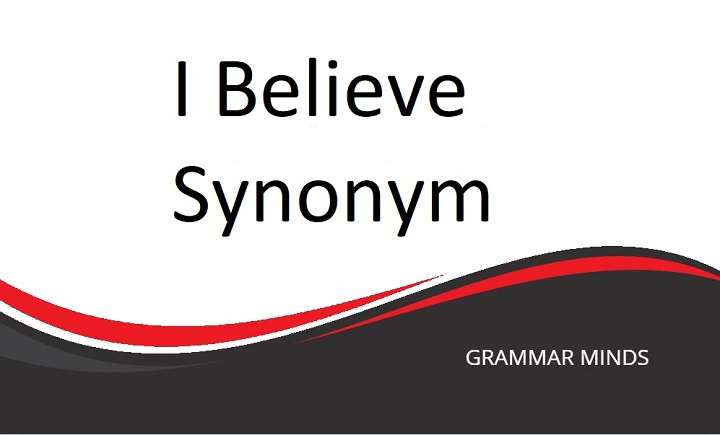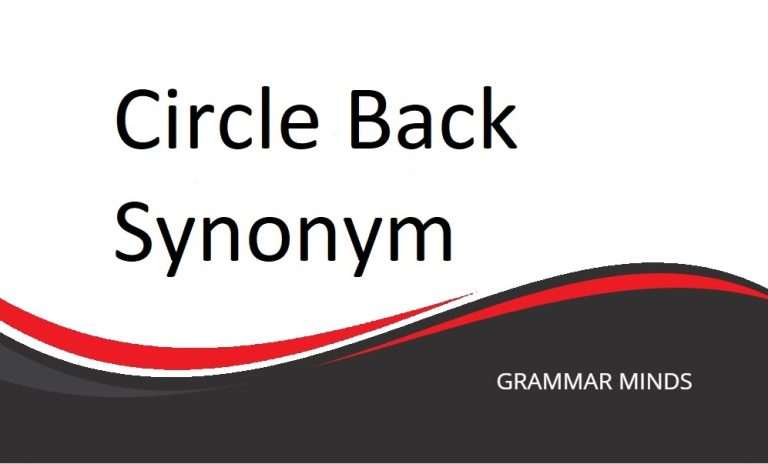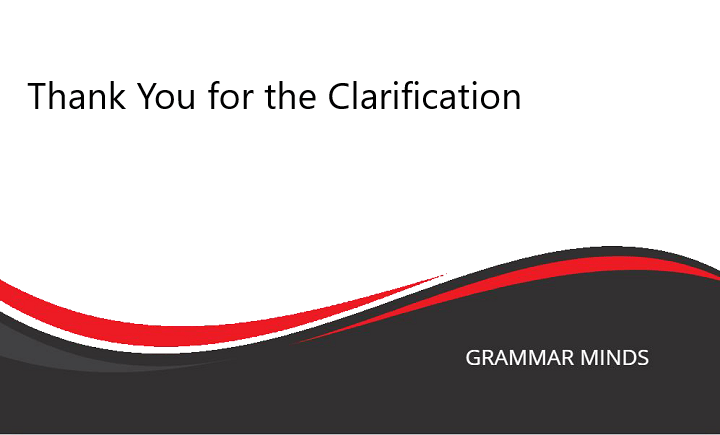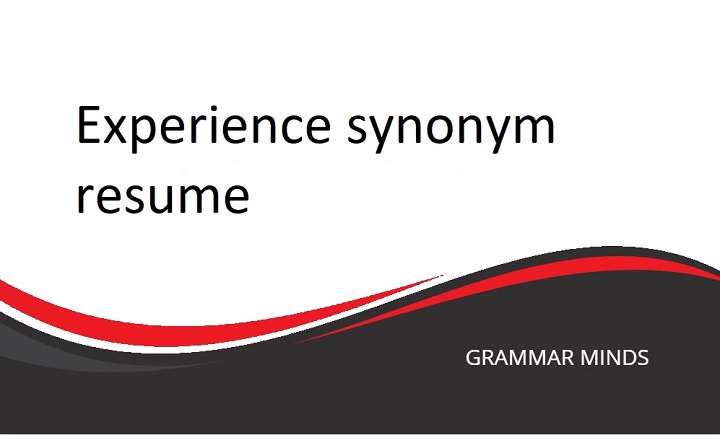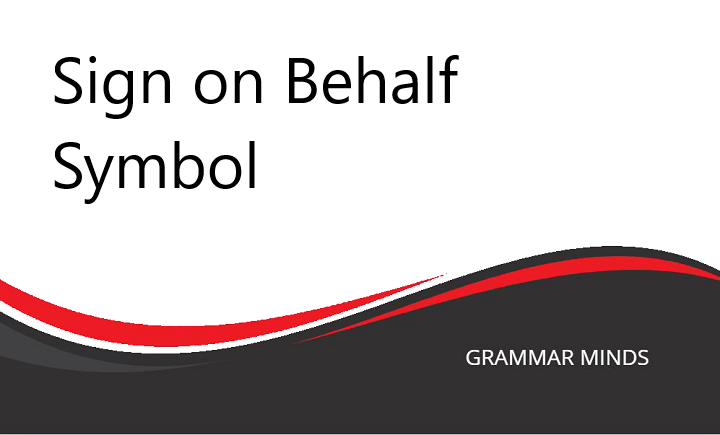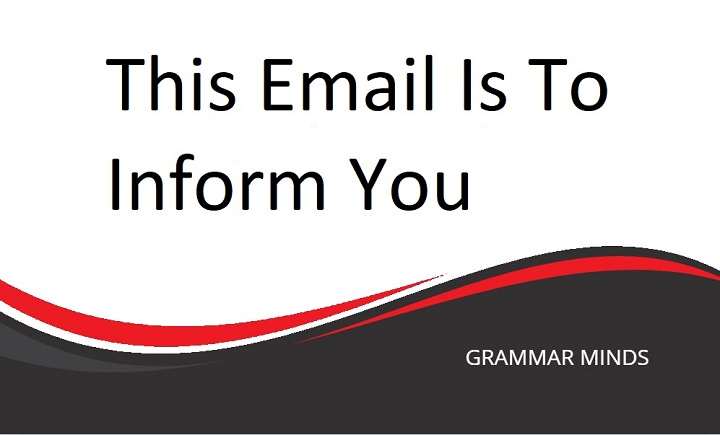Have you ever caught yourself repeating the phrase “I believe” too often in your writing or conversations? Whether you’re drafting an email for work or chatting with friends, overusing this expression can sometimes make your communication feel redundant or stale. Using varied vocabulary is key to sounding polished, professional, and confident, especially when expressing your opinions or convictions.
If you’re looking for alternatives to this common phrase, you’re in the right place! This article explores several synonyms and alternative expressions for “I believe” that you can incorporate into your conversations to sound more dynamic and thoughtful. Whether you want to add a touch of sophistication to your emails or make your conversations more engaging, this list will help you find the perfect substitute.
Do You Find Yourself Using the Phrase “I Believe” Repeatedly?
“I believe” is a common phrase we use when we want to express our opinion or conviction, but have you noticed it sneaking into your communication a little too frequently? Whether you’re writing a business proposal, emailing a colleague, or having a friendly chat, this phrase can sometimes sound repetitive.
Don’t worry! Below, we’ve compiled a handy list of alternative phrases that you can use to mix things up and sound more varied in your conversations. Each of these phrases comes with usage notes and examples to help you understand the best context for each one.
Other Ways to Say “I Believe”
- I am convinced
- I feel
- In my opinion
- I think
- It seems to me
- I am of the opinion
- I maintain
- I assume
- I hold the view
- I would argue
Key Notes
The phrase “I believe” is grammatically correct and suitable for both formal and informal situations. It’s a versatile phrase, but it can sometimes feel basic or repetitive, especially in formal settings like emails or business presentations.
Here are some tips on how to use alternatives to “I believe” effectively:
- “I am convinced” is a stronger, more assertive expression that works well in formal contexts where you want to sound confident.
- “I feel” is great for informal situations, especially when sharing emotions or personal insights in casual conversations.
- “In my opinion” is suitable for both formal and informal situations and works well when giving a reasoned point of view without sounding too assertive.
- “I think” is a softer, more common alternative for everyday speech and emails.
Let’s explore each of these alternatives in detail.
I Am Convinced
Usage:
If you’re looking for a more formal and assertive way to say “I believe,” try using “I am convinced.” This phrase suggests certainty and confidence, making it ideal for professional environments such as business meetings or formal emails.
Example (in an email):
Dear Mr. Anderson,
Thank you for your inquiry. After reviewing the details of the project, I am convinced that this approach will yield the best results for your team.
Best regards,
Emily Johnson
I Feel
Usage:
“I feel” is a more informal and personal way to express an opinion. It’s a softer alternative to “I believe” and works well in casual conversations with friends, family, or coworkers you’re close to.
Example (in conversation):
Hey Sarah,
Thanks for your help today. I feel like we made great progress, and I can’t wait to see how the project turns out. See you tomorrow!
In My Opinion
Usage:
“In my opinion” is a classic, neutral way of expressing what you believe without coming across as too strong. It’s perfect for both formal and informal situations where you want to offer your perspective respectfully.
Example (in a meeting):
In my opinion, the marketing strategy could be improved by focusing more on customer feedback. This approach might help us tailor the campaign to our audience’s needs.
I Think
Usage:
“I think” is a softer, more tentative alternative to “I believe.” It’s very versatile and can be used in almost any setting, from casual conversations to professional emails, without sounding too forceful.
Example (in conversation):
I think we should reconsider our plan for the weekend. The weather forecast looks pretty bad, and we might need to make different arrangements.
It Seems to Me
Usage:
“It seems to me” is a great way to express an opinion without sounding overly assertive. This phrase implies that your perspective is based on your current understanding, which leaves room for flexibility. It’s particularly useful in conversations where you’re discussing possibilities or uncertainties.
Example (in an email):
Dear Dr. Lee,
It seems to me that our research could benefit from additional data on customer behavior. I would suggest expanding our sample size for more accurate results.
Best regards,
Jonathan Price
I Am of the Opinion
Usage:
This phrase is more formal and is often used when you want to convey that your viewpoint is well-considered and based on solid reasoning. It’s perfect for professional contexts, especially in reports, proposals, or academic writing.
Example (in a report):
I am of the opinion that the company’s recent investments in technology will lead to significant long-term benefits, including increased productivity and cost savings.
I Maintain
Usage:
“I maintain” is a firm and assertive way of expressing what you believe. It suggests that you’ve held this opinion for some time and have not wavered in your stance. This phrase is best used in formal settings, especially when defending a position or argument.
Example (in a debate):
I maintain that investing in renewable energy is the best course of action for the company’s future, both environmentally and financially.
I Assume
Usage:
“I assume” implies that you are making an educated guess based on available information. While not as strong as “I believe,” it’s useful when you want to express a conclusion without sounding too definite. This phrase works well in both informal and semi-formal settings.
Example (in an email):
Dear Ms. Clark,
I assume that the shipment will arrive by the end of the week, based on the tracking information provided. Please let me know if there are any updates.
Best regards,
Mark Davis
I Hold the View
Usage:
“I hold the view” is another formal alternative to “I believe.” It suggests that your opinion is based on careful consideration, making it ideal for academic or professional settings.
Also Read
Creative Newspaper Name Ideas for Your Publication
Example (in an article):
I hold the view that effective leadership requires not just vision, but also the ability to empathize with and inspire others.
I Would Argue
Usage:
“I would argue” is perfect for situations where you’re presenting a point of view or making a case for something. It’s commonly used in debates, discussions, or formal arguments and allows you to express your belief confidently, but without sounding aggressive.
Example (in a presentation):
I would argue that our current marketing strategy is not reaching the intended audience effectively. We need to revise our approach to target younger demographics.
Is It Correct to Say “I Believe”?
Yes! The phrase “I believe” is grammatically correct and suitable for both formal and informal settings. It’s a versatile phrase that can be used in professional emails, conversations with colleagues, or casual chats with friends. However, using it too frequently can make your communication feel repetitive, which is why it’s helpful to have a variety of alternatives at your disposal.
Other Variations of “I Believe”
You can also try slight variations of this phrase, such as:
- “I firmly believe”
- “I genuinely believe”
- “I strongly believe”
These variations help you emphasize the strength of your conviction while still keeping the core meaning intact.
“I believe” is a perfectly acceptable and grammatically correct phrase that works in both formal and informal settings. However, to avoid sounding repetitive, it’s useful to diversify your vocabulary with alternatives like “I am convinced,” “In my opinion,” or “I feel.” These synonyms will help you communicate more effectively in a variety of contexts, from professional emails to casual conversations, ensuring that your language remains engaging and impactful.

